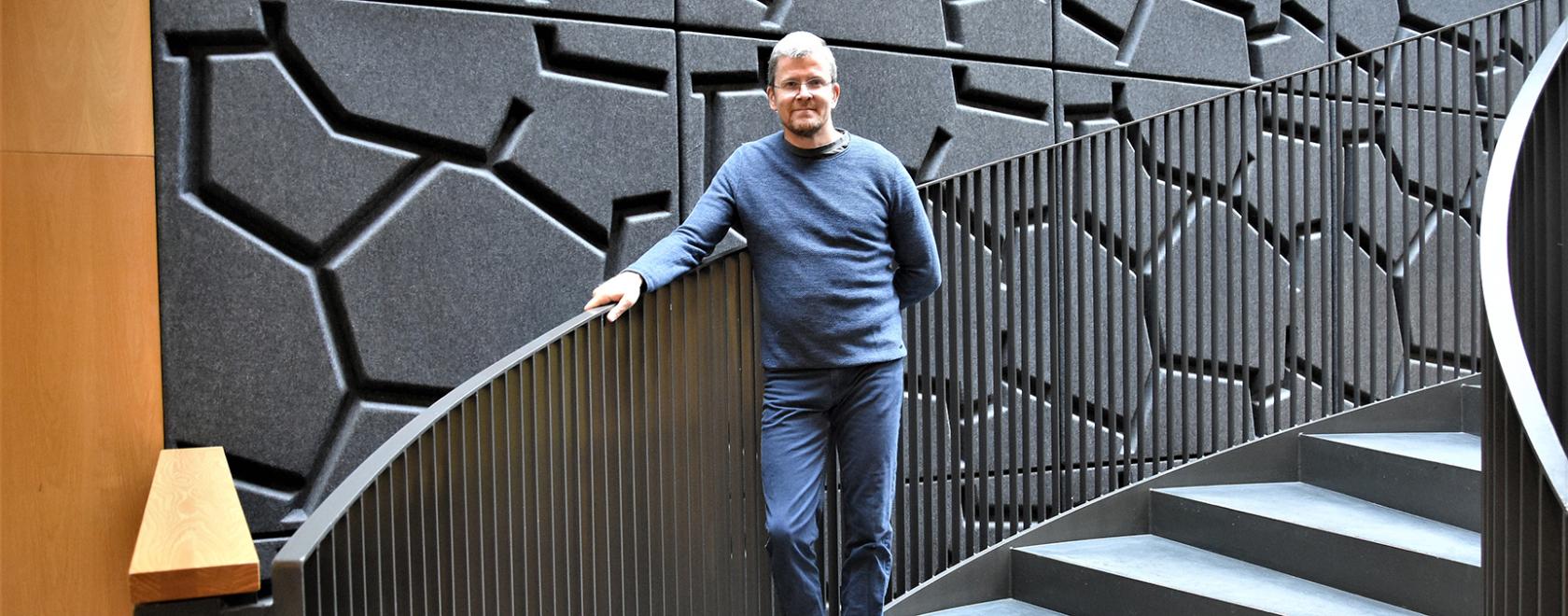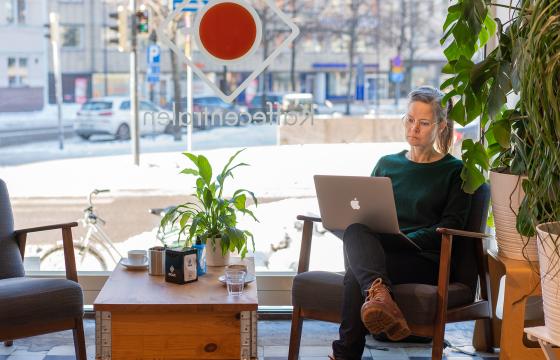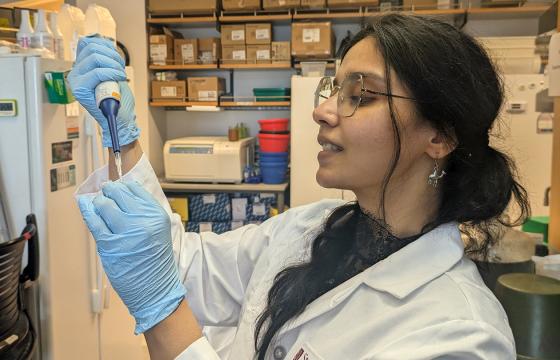
Similar research equipment is not available anywhere else in the Nordic countries.
The University of Oulu has received a sufficient amount of donations to acquire advanced ultrasound equipment for brain research. The high-quality device that opens the blood-brain barrier, also called the ‘brain cleaner’, enables the study of various targeted therapies and may be a decisive step in the development of healing therapies for Alzheimer’s disease, brain lymphoma and epilepsy, for example.
The glymphatic system of the brain has been studied for a long time at the University of Oulu. The purpose of the system is to clean the brain of waste material, especially during sleep. A breakthrough was made in the study of Alzheimer’s disease when Professor Vesa Kiviniemi’s research group succeeded in describing the abnormality in the glymphatic system in the brain of patients with the disease.
This finding is crucial for understanding the mechanisms leading to Alzheimer’s disease and, in the long term, also for the prevention and treatment of the disease.
“When the brain is unable to clean itself normally during sleep, waste materials accumulate. Over the years, this can lead to the development of brain diseases. Medical cleaning of the brain is difficult because the brain is designed to reject everything coming from the outside. With the help of the focused ultrasound (FUS) device, colloquially the ‘brain cleaner’, we can temporarily open the blood-brain barrier and deliver drugs to the right places with precision and, at the same time, flush away waste materials,” says Vesa Kiviniemi, Professor of Functional Neuroimaging.
A total of EUR 2.2 million in donations were collected for the brain cleaner. The most recent donation of EUR 700,000 was made by the Finnish Cultural Foundation.
“The support from the Finnish Cultural Foundation came at just the right time. Combined with the previously received donations and pledges of EUR 1.5 million, the necessary funds for the FUS device are now in place. The device will significantly advance our research project,” says Professor Kiviniemi.
The University of Oulu conducts international-level research on the diagnostics of the brain’s glymphatic waste removal system and on targeted treatment options for various brain diseases. The researchers contributing to the work include Hanne Kuitunen, Director of Oulu University Hospital’s Cancer Centre, Mikael von und zu Fraunberg, Professor of Neurosurgery, research teams in neurology and psychiatry, and Biocenter Oulu’s microscopy researchers under the lead of Professor Lauri Eklund.
The acquisition of the device and the related research group will help establish a unique research centre of international standard in Oulu. There will be close cooperation at national level with universities and hospital centres, and at international level with research centres.
The Finnish Cultural Foundation is a private foundation whose funds come entirely from wills and donations.
“Many donors support a certain field of research due to their own or a loved one’s illness. The Finnish Cultural Foundation has several donor funds which direct funding to research into Alzheimer’s disease, other brain diseases and neurological diseases,” says Hanna Hiidenpalo, Chair of the board of trustees of the Finnish Cultural Foundation.
“Unfortunately, Alzheimer’s disease and other memory disorders are affecting a growing number of Finns and their loved ones,” says Hiidenpalo.


